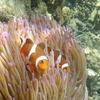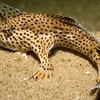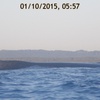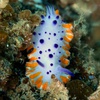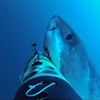
Robotic vehicles offer a new tool in study of shark behavior
The dramatic video footage of a great white shark attacking the REMUS SharkCam autonomous underwater vehicle brought some of the highest ratings to Shark Week 2014 and went viral. While the footage was unprecedented, the scientific understanding enabled by the REMUS SharkCam is just as groundbreaking and represents the first successful efforts to autonomously track and image any animal in the marine environment. Read more in Science Daily.



